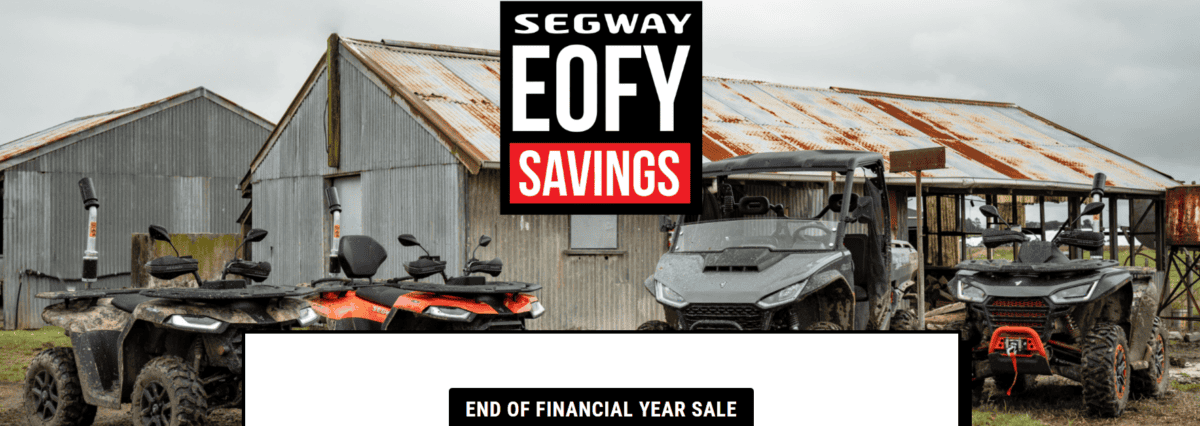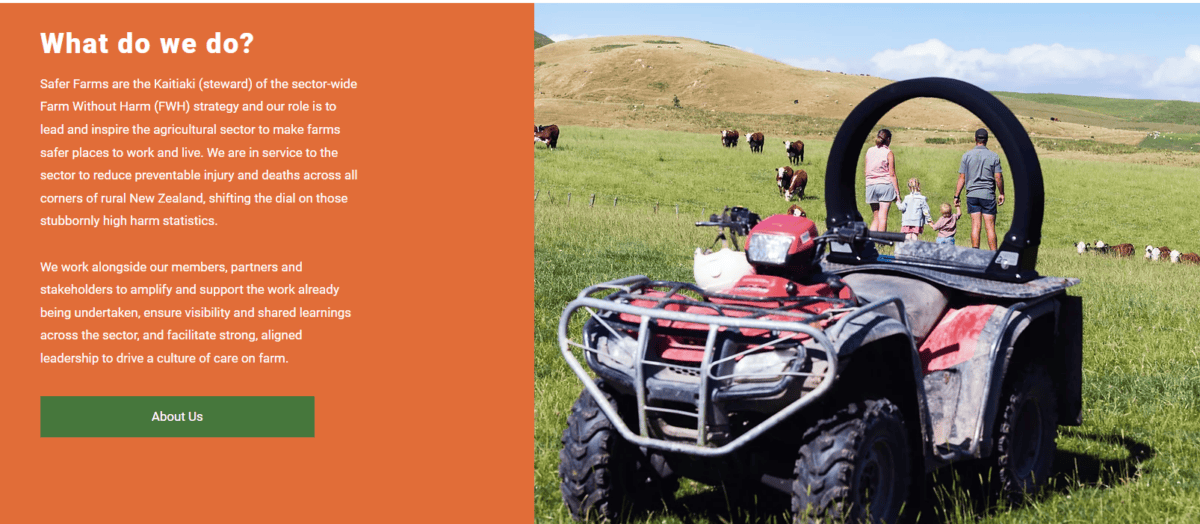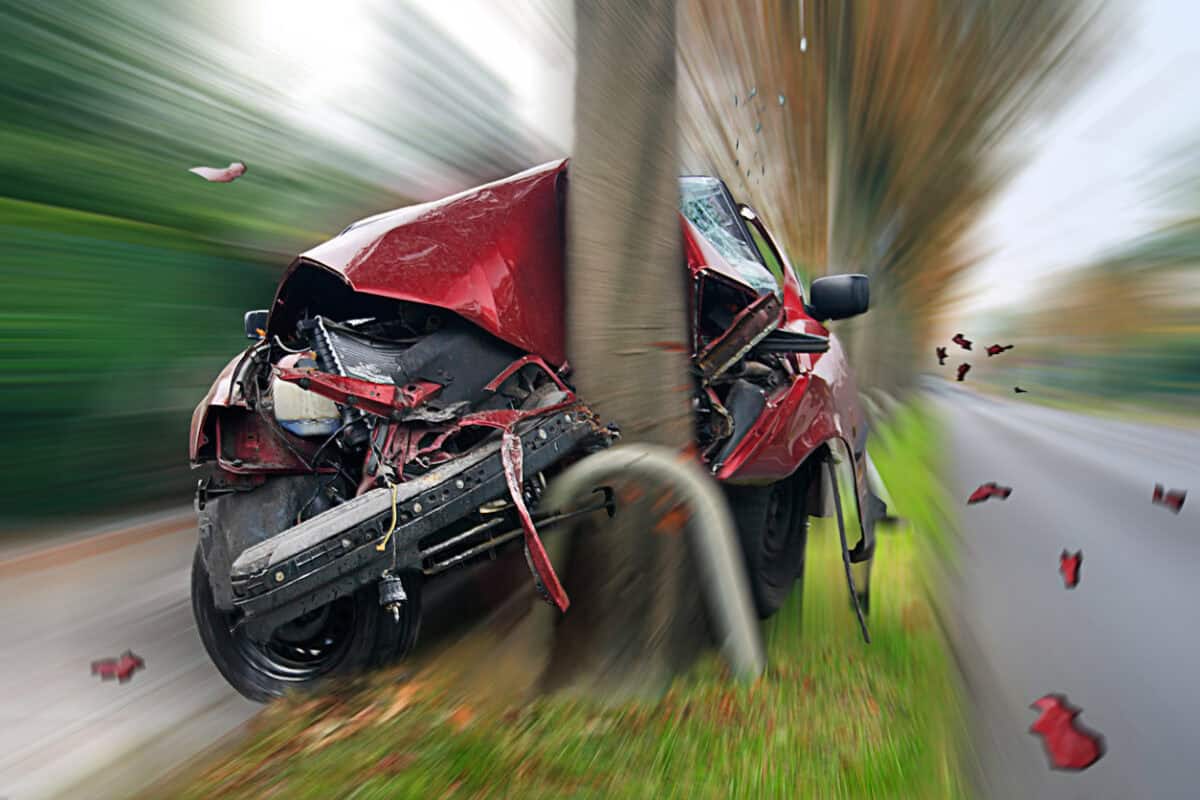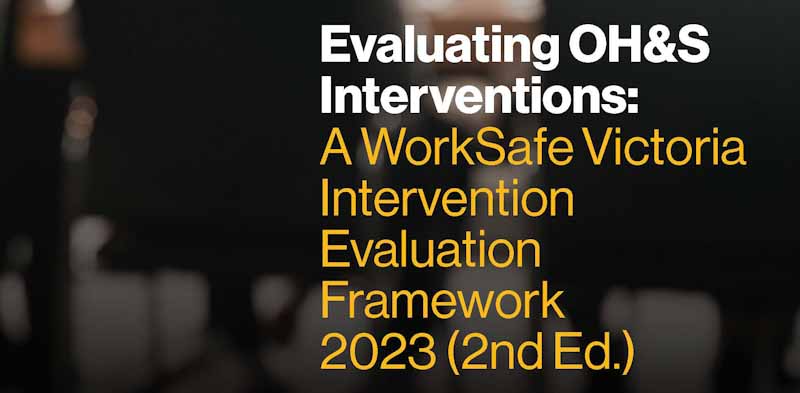Victoria’s Minister for WorkSafe, Danny Pearson, has emerged from the occupational health and safety (OHS) wilderness to restate his commitment to introducing legislative amendments on psychosocial hazards at work. He has been stalling on these for a very long time, but he has recently provided an update to Parliament.
Category: risk
Quad Bike Safety Standard compliance and media accuracy
It is reasonable to claim that the quad bike safety controversy has been resolved in Australia through the intervention of the Australian Competition and Consumer Commission (ACCC) and the imposition of a national safety standard. However, the occupational health and safety (OHS) message continues to be murkier than necessary when quad bikes are advertised in some of the agricultural media without critical safety devices.
“Human sacrifice, dogs and cats living together… MASS HYSTERIA!”
Victorian businesses and occupational health and safety (OHS) people are hungry for advice about managing psychosocial hazards at work if the scenes at today’s Work Health and Safety show were any indication. The sad part of the popularity of the topic is that some of the advice being given is wrong or outdated.
Continue reading ““Human sacrifice, dogs and cats living together… MASS HYSTERIA!””OHS needs to face some moral questions
Regular readers may have noticed that I want to push the occupational health and safety (OHS) profession to think deeper and more broadly about their usually chosen career’s political and socio-economic context. The reasons for OHS’ overall lack of success in making work and workplaces safer and healthier are not only within those locations and activities but also in the limitations that many OHS people place on themselves.
More and more, I look outside the existing OHS research and trends for explanations of why OHS is treated shabbily by employers and corporations and, sometimes, the government. A new book on Growth by Daniel Susskind is helping in this quest. Below is an extract from the book that, I think, helps explain some of OHS’ predicament.
Farm Safety group video shows unclear position on quad bike safety
Farming is a unique industry with significant occupational health and safety (OHS) challenges; it is unique because it is a blend of rural culture, working at home often with children in the workplace, isolation from social services, self-reliance and independence. It is important for the OHS advice provided and promoted to offer the most effective health and safety advice. Many farming organisations provide this information and do it well. New Zealand’s Safer Farms appears to have good intentions but may have missed the mark with their latest video.
New vehicle suicide data may need us to broaden our investigations
Recently published research into road vehicle collision suicides in Australia may have an occupational health and safety (OHS) relevance.
(This article discusses suicide]
Evaluating the effectiveness of OHS interventions and programs
Last month, an extraordinary document appeared – “Evaluating OH&S Interventions: A WorkSafe Victoria Intervention Evaluation Framework 2023 (2nd Ed.).” Its extraordinariness comes from its appearance with no fanfare or promotion; it is a second edition of something published in 2004 (which I cannot recollect), it has authoritative authors, and it is a document many have been asking for.







